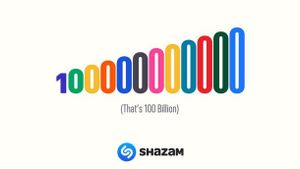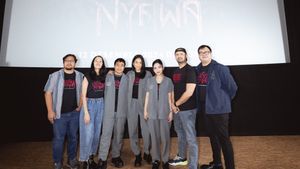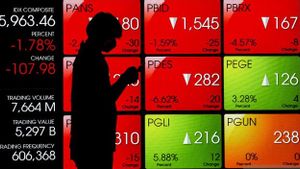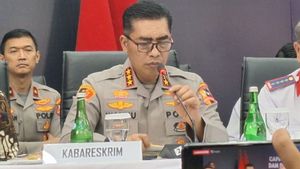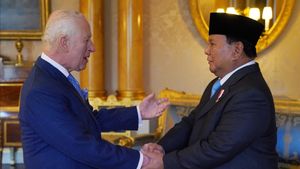JAKARTA - Central Banks from France, Singapore and Switzerland together with the Bank for International Settlements (BIS) conducted cross-border trading trials of central bank digital currencies (wCBDC) on September 28.
This trial shows the potential of decentralized financial technology and underscores the role of central bank digital currency (CBDC) in the future of foreign exchange trading between banks around the world.
Project Mariana
The key factor in this trial is Project Mariana, which takes advantage of the concept of decentralized finance (DeFi) using a public blockchain. The project uses a common token standard, ensuring smooth transaction capabilities between currencies.
In addition, this project is also designed to make it possible to transfer wCBDCs across various networks smoothly. Not only that, this project also uses automated market makers (AMMs) to determine price, execution, and instant settlement for spot trading.
VOIR éGALEMENT:
The purpose of this trial is to simulate situations in which three central banks that use the euro, Singapore dollar, and Swiss franc wCBDC - make transactions on trading platforms. Thus, Project Mariana provides rare insight into how foreign exchanges can run smoothly in an era where more and more central banks adopt CBDCs.
Although this trial is considered a significant advance, the technology, including tokenization and DeFi, the project is still in its early stages. Therefore, further research and exploration is still needed.
"The Mariana project pioneered the use of new technology for foreign exchange markets between banks. This project shows that cross-border wholesale CBDC exchanges can be carried out using breakthrough concepts such as automatic market makers," said Cecilia Skingsley, Head of the BIS Innovation Center.
While the world continues to witness these developments, with CBDCs continuing to attract attention globally, trials such as Project Mariana are predicted to play an important role in shaping the digital financial landscape in the future.
The English, Chinese, Japanese, Arabic, and French versions are automatically generated by the AI. So there may still be inaccuracies in translating, please always see Indonesian as our main language. (system supported by DigitalSiber.id)










